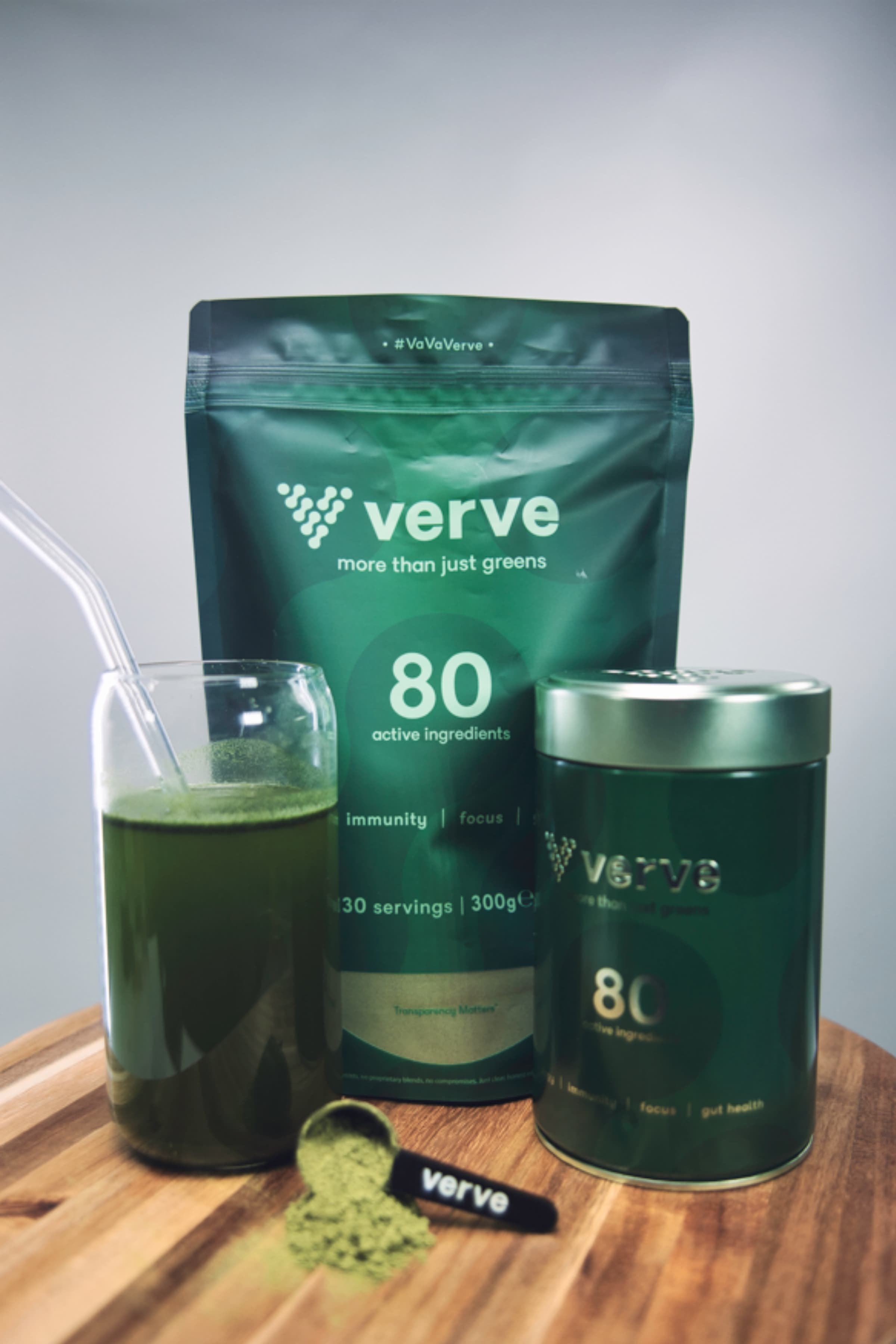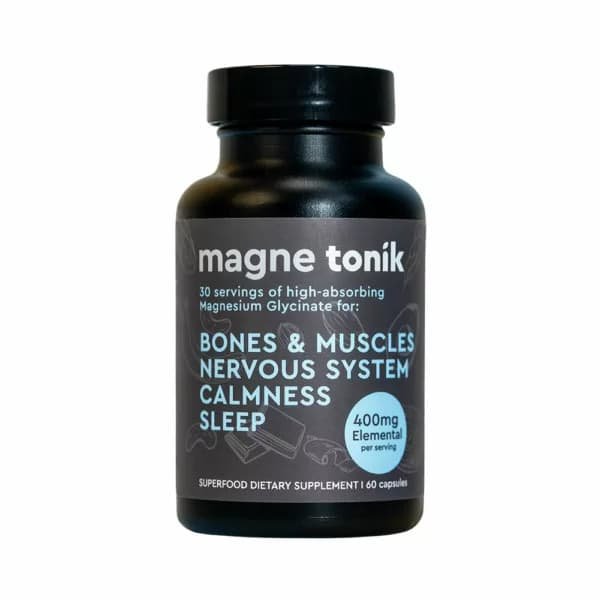What Does Menopause Body Odor Smell Like?
Contents Show
Ever wondered -
"What does menopause body odor smell like?"
Well, you're not alone.
Menopause Body Odor is a common yet rarely discussed phenomenon that many women experience.
It's the distinct change in your body's scent during the menopausal transition.
Understanding this change is crucial for managing it effectively.
Why is this important?
Because knowing what triggers these changes can help you to take control.
You can adopt strategies to minimize its impact on your daily life.
How Does Hormonal Change During Menopause Affect Body Odor?
Estrogen and progesterone levels fluctuate and eventually decrease.
This hormonal imbalance affects your body in numerous ways, including your sweat glands.
You might notice your body odor becoming stronger or different from what you were used to.
This is because the apocrine glands, which are responsible for body odor, become more active.
Changes in hormone levels can also alter the skin's pH balance, making it a more inviting environment for bacteria.
These bacteria break down sweat, leading to a noticeable change in body odor.
Related article: Exploring the stages of menopause.
Can Menopause Lead to Increased Sweating?
Absolutely.
Many women experience hot flashes and night sweats during menopause.
These are sudden feelings of warmth, which can lead to excessive sweating.
This increase in sweating can contribute to changes in body odor.
The sweat produced during hot flashes is often more concentrated than regular sweat.
This means it can be more pungent when broken down by bacteria on the skin.
Managing these symptoms can help reduce their impact on body odor.
Are There Specific Foods That Can Affect Menopause Body Odor?
Yes, your diet plays a crucial role in how your body smells.
Certain foods can exacerbate menopause body odor.
For instance, spicy foods, caffeine, and alcohol can increase sweating and body odor.
On the other hand, foods rich in chlorophyll, like parsley, spinach, and kale, can naturally deodorize the body.
Fruits high in antioxidants, such as berries, can also help by detoxifying the body and potentially reducing odor.
Incorporating these foods into your diet while reducing intake of odor-enhancing foods can help manage menopause body odor.
If you are someone who struggles with getting more fruits and veggies in your diet, something we often recommend to clients and something we use ourselves is a greens powder.
We won’t lie…
They do not taste great!
But they’re perfect in something like your morning smoothie.
Below you’ll find one of the ones we recommend to our clients.
- Contains 80 fruits, greens, vitamins and minerals
- Lightly infused with fruit to give a subtle, natural taste
- 100% transparency
- 30 servings of V80 in a recyclable pouch
- Brand-new verve glass travel bottle
- Refillable metal storage tin and a serving scoop
How Can You Manage Body Odor During Menopause?
Managing body odor during menopause involves both hygiene and lifestyle adjustments.
Shower regularly with antibacterial soap to reduce the presence of bacteria on your skin.
Wear clothes made of natural fibers like cotton, which allow your skin to breathe and reduce sweat accumulation.
Stay hydrated to help flush toxins out of your body more effectively.
Consider using a stronger antiperspirant or deodorant.
And don't forget to manage stress, as it can exacerbate sweating and body odor.
Regular exercise can also help regulate hormones and reduce stress.
What Are the Best Antiperspirants or Deodorants for Menopause Body Odor?
Look for products specifically designed for excessive sweating or hormonal changes.
Clinical-strength antiperspirants containing aluminum chloride can be very effective.
Natural deodorants with baking soda, coconut oil, and essential oils can also help neutralize odors without harsh chemicals.
Brands like Mitchum have products well-suited for managing menopause body odor.
- Provides odor protection and control
- Helps reduce sweating and perspiration
- Gel Formula: Absorbs moisture and dries quickly
- Specially formulated for women's body chemistry
Is It Necessary to See a Doctor About Menopause Body Odor?
If your body odor changes drastically or if you're struggling to manage it with lifestyle changes and over-the-counter products, it's wise to consult a healthcare provider.
In some cases, excessive sweating and body odor can indicate an underlying health issue.
Your doctor can provide personalized advice and treatment options.
They may also discuss hormone replacement therapy (HRT) as a way to balance your hormones and potentially reduce menopause-related body odor and sweating.
How Does Stress Affect Body Odor During Menopause?
Stress can significantly impact your body odor, especially during menopause.
When you're stressed, your body produces more cortisol, which can lead to increased sweat production.
This sweat from the apocrine glands, primarily found in areas like your armpits, is rich in proteins and fats.
When bacteria on your skin break down this sweat, it can lead to a more intense body odor.
Stress can exacerbate menopause symptoms like hot flashes, contributing further to sweating and body odor.
Can Hormone Replacement Therapy (HRT) Influence Body Odor?
Hormone Replacement Therapy (HRT) can indeed influence body odor during menopause.
By balancing estrogen and progesterone levels…
HRT can mitigate some of the menopause symptoms that contribute to changes in body odor, such as hot flashes and night sweats.
HRT may also lead to changes in body chemistry that could alter your natural scent.
The impact of HRT on body odor varies from person to person, with some women noticing a decrease in unpleasant odors and others experiencing new or different scents.
Related article: Navigating weight management during HRT.
Are There Natural Remedies or Supplements That Help With Menopause Body Odor?
Several natural remedies and supplements can help manage menopause body odor.
Chlorophyllin, a water-soluble derivative of chlorophyll, has been known to reduce body odor.
Sage supplements can help reduce sweating, while magnesium and zinc supplements can improve overall body odor.
Additionally, applying witch hazel or apple cider vinegar to areas prone to sweating can help reduce odor by lowering the skin's pH.
Incorporating these natural remedies into your daily routine may help manage body odor during menopause.
- Magnesium Bisglycinate 400 mg: High-dosage magnesium supplement designed for optimal absorption, gentle on digestion
- 6 Tubs (180 days supply) for $147, saving $51
- 3 Tubs (90 days supply) for $87, saving $12
- 1 Tub (30 days supply) for $33
- Offers a 365-day money-back guarantee
- Made in the USA and 3rd Party Tested for quality assurance
Related article: The benefits of magnesium in managing menopause.
How Does Menopause Body Odor Differ From Regular Body Odor?
The decrease in estrogen can lead to an increase in the activity of the apocrine glands. This can result in sweat that has a more pronounced odor when broken down by bacteria.
Menopause can lead to changes in the body's pH levels, making the skin a more hospitable environment for odor-causing bacteria.
This means that menopause body odor can be stronger and more noticeable than the body odor experienced at other times.
Can Menopause Body Odor Indicate Other Health Issues?
While changes in body odor are a common aspect of menopause, significant alterations in scent could also indicate underlying health issues.
For example…
A sudden, strong body odor could be a sign of diabetes, thyroid problems, or infections.
If you notice a drastic change in your body odor that isn't explained by menopause alone, it's important to consult a healthcare provider to rule out any other potential causes.
What Role Does Hygiene Play in Managing Menopause Body Odor?
Hygiene plays a crucial role in managing menopause body odor.
Regular bathing with antibacterial soap can help reduce the presence of odor-causing bacteria on the skin.
Wearing breathable, natural fabrics can help minimize sweating and odor.
Changing clothes after sweating and using antiperspirants or deodorants can also be effective in controlling body odor.
Maintaining good hygiene can significantly reduce the impact of menopause on body odor.
Why are my armpits smelling so bad recently?
If you've noticed a recent increase in armpit odor, it could be due to hormonal changes associated with menopause, increased stress levels, dietary changes, or a lack of proper hygiene.
Identifying the underlying cause is key to addressing the issue effectively.
Conclusion
Menopause can bring about significant changes in body odor…
But understanding these changes and how to manage them can make a big difference.
From hormonal fluctuations and stress to dietary impacts and the importance of hygiene, there are several factors to consider.
Natural remedies, supplements, and possibly HRT can offer relief and help manage body odor during this transition.




